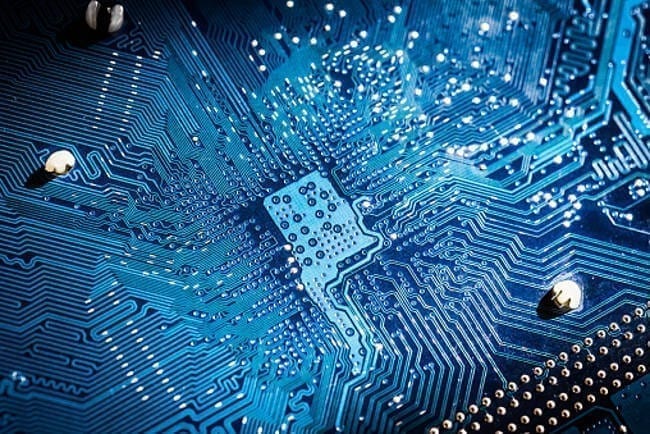Low memory on your hard drive can cause your computer to run extremely slowly. However, it’s rather easy to clear up computer memory to improve speed and make more space for new files with these five tips.
How to Easily Free Computer Memory
Note: The wording on your computer may vary slightly depending on the version of Windows you’re running. However, it should be strikingly similar to the wording found in this blog.
1. Erase Old Files
The easiest way to begin freeing up computer memory is to delete old files you no longer need. They can accumulate to take up a huge chunk of your computer’s storage and really affect its performance.
- Locate your Downloads and Documents folders
- Sort them by Date modified so the oldest documents appear on top
- Right click and delete the ones you haven’t used in a long time, or transfer them to an external storage device
Even though you’re manually sorting through your files, this won’t take a long time. You’ll probably realize you no longer have use for a lot of the old files on your computer.

2. Remove Old Programs
Just like old files, unused applications and programs can also amass over time and slow down your computer.
- Click the Start button→Control Panel→Programs→Programs and Features
- Right click and delete the ones you no longer use
Applications and programs tend to be large, so removing them should free up a significant chunk of computer memory.
3. Defragment your Hard Drive
Files on your hard drive may become fragmented over time. That means portions of each file may be saved in different locations than the one you initially specified.
As these fragmented files accumulate, they can cause performance issues and take up valuable computer memory. Windows has a built-in program known as Disk Defragmenter that will clean up your hard drive.
To use it:
- Click Start→Search for “Disk Defragmenter”→Click Disk Defragmenter in the list of results
- Under Current status, select your hard drive
- Click Analyze disk
- Once it’s done analyzing, click Defragment disk
It may take between two minutes and several hours to finish defragmenting. However, you can still use your computer during this process.
4. Clear your Browser Cache and History
If you never clear your internet browser’s memory, gigabytes of cache, history and cookies can be stored on your computer.
Check out this guide we recently wrote to learn how to easily clear the memory of each major internet browser.
.png)
5. Empty your Recycle Bin
Deleting files doesn’t always permanently remove them from your computer. Most of the time, they’re just moved to your Recycle Bin.
The Recycle Bin typically has an icon on your desktop by default. All you have to do is double click it, find the files you no longer need and right-click to delete them. Alternatively, you can click Empty the Recycle Bin to permanently delete every file inside of it.
By clearing up some computer memory, your device should perform significantly better. If you’re reaching your storage limit but cannot delete files because they’re too important, consider trying a cloud storage system.
{{cta(‘c0d7838f-8620-484d-a2e8-4d9841b42faa’,’justifycenter’)}}



